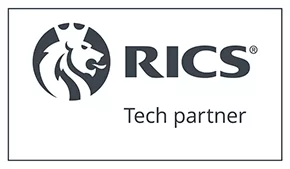Indirect costs in the construction industry are expenses that are not directly attributable to a specific construction project but are necessary for running the overall operations of a construction firm. These costs support the company’s infrastructure and services that benefit multiple projects.
Key Components:
- Administrative Salaries: Wages and benefits for office staff, including management, HR, and accounting personnel.
- Office Expenses: Costs for office supplies, furniture, rent, and utilities such as electricity, water, and internet.
- Equipment Depreciation: The gradual reduction in value of construction equipment and machinery over time.
- Insurance and Taxes: General business insurance, property insurance, and various taxes not specific to a single project.
- Professional Services: Fees for legal, accounting, and consulting services that support overall business operations.
- Marketing and Business Development: Expenses related to marketing, advertising, and business development activities.
- IT and Communication: Costs for IT infrastructure, software, maintenance, and communication systems.
Benefits:
- Operational Efficiency: Ensures smooth business operations by covering essential non-project-specific expenses.
- Resource Allocation: Helps in allocating resources effectively across multiple projects.
- Cost Control: Aids in managing and controlling overall business expenses to maintain profitability.
- Financial Planning: Supports comprehensive financial planning and budgeting for the entire company.
Process:
- Identify Indirect Costs: List all indirect costs associated with running the construction business.
- Allocate Costs: Allocate indirect costs to various cost centers or projects based on a rational allocation method, such as labor hours or revenue.
- Monitor and Track: Continuously monitor and track indirect costs to ensure they remain within budget.
- Review and Adjust: Regularly review indirect costs and adjust allocations as necessary to reflect changes in business operations or project scope.
Applications in Construction:
- Financial Reporting: Provides a complete picture of the company’s financial health by including both direct and indirect costs.
- Budgeting: Essential for creating comprehensive budgets that account for all business expenses.
- Competitive Pricing: Helps in setting competitive pricing by understanding the full cost structure of the company.
- Profitability Analysis: Assists in analyzing profitability by considering both direct and indirect costs.




